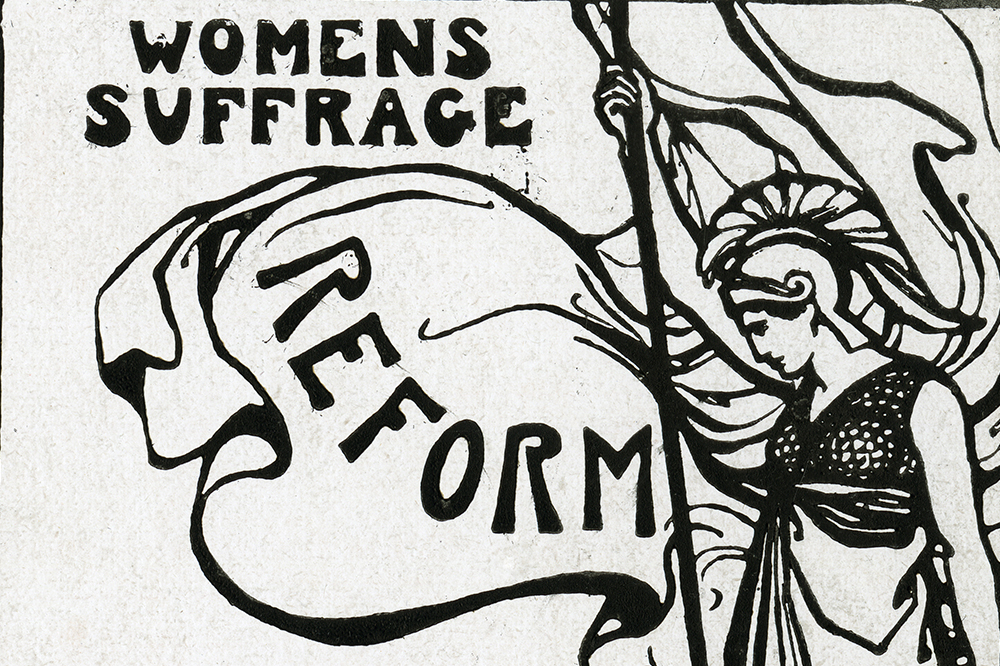‘Suffragette’ starts a conersation between students, staff and faculty

In honor and to celebrate Women’s History Month, a panel of North Dakota State women spoke about the movie “Suffragette” after a screening on March 26.
“Suffragette” takes place in London, England in 1912, where a young mother supports the right for women to vote. The film shows the violence that she had to go through and experience to achieve that right for women.
On the panel was: Anne Braaten, professor in apparel design and hospitality and curator for the Emily P. Reynolds Costume Collection, Alison Graham-Bertolini, assistant professor in English and women and gender studies, and Carrie Bentley, Ph.D. candidate in the history department.
For the past 50 years before the film took place, women had fought for the right to vote nicely rather than aggressively. They wanted to make nice with parliament, so they wanted to try a different path. “They had to continue to make their voice heard,” Graham-Bertolini said. They felt as though the laws were being “made without their consent.”
“We need to hear these voices,” Ashley Baggett, the moderator and assistant professor for history, explained.
these women really felt like they had no voice
Carrie Bentley, PH.D Candidate
Bentley spoke about how this relates to women’s rights now and how understanding what women went through then will show “how far and how little we have come.” She explained that each woman who fights for their rights has their own reasoning for defending them: “Women are equal.”
“Only 25 percent of our Congress is women,” Graham-Bertolini said. This is not equal representation, so women are still fighting for their rights. She referred to Colin Kaepernick’s Black Lives Matter movement and how it is important to remember protesting peacefully can make a difference.
Braaten shared how there is rarely information written about women’s suffrage in North Dakota, so this needs to be broadcasted and written. “You’re the future,” Braaten explained. It is up to the younger generation to make a change in this.
Because this was a film, many thought about the accuracy of the movie. Through Bentley’s dissertation, she has experience on noticing how well history is portrayed within movies. They have to have a time frame and a narrative that can be followed by the public.
The essence of “Suffragette” is accurate and what is altered does not affect the history, which is what is important. “We still get the feeling of what that experience was for them,” Bentley said.
In 1918, the United Kingdom’s suffrage law only benefited women who owned property and were over 30 years old. It took another 10 years for it to be a more generalized law. Bentley explained they were scared that with men dying in war, the majority of voters would be women, so they only produced a law that allowed some to vote.
There were more limitations, especially when it came to race that most do not realize, research or think about. “To my knowledge, Native American women weren’t given the right to vote until 1924 because they were not considered citizens of the United States — and I understand Chinese Americans weren’t considered citizens until 1943,” Graham-Bertolini said.
